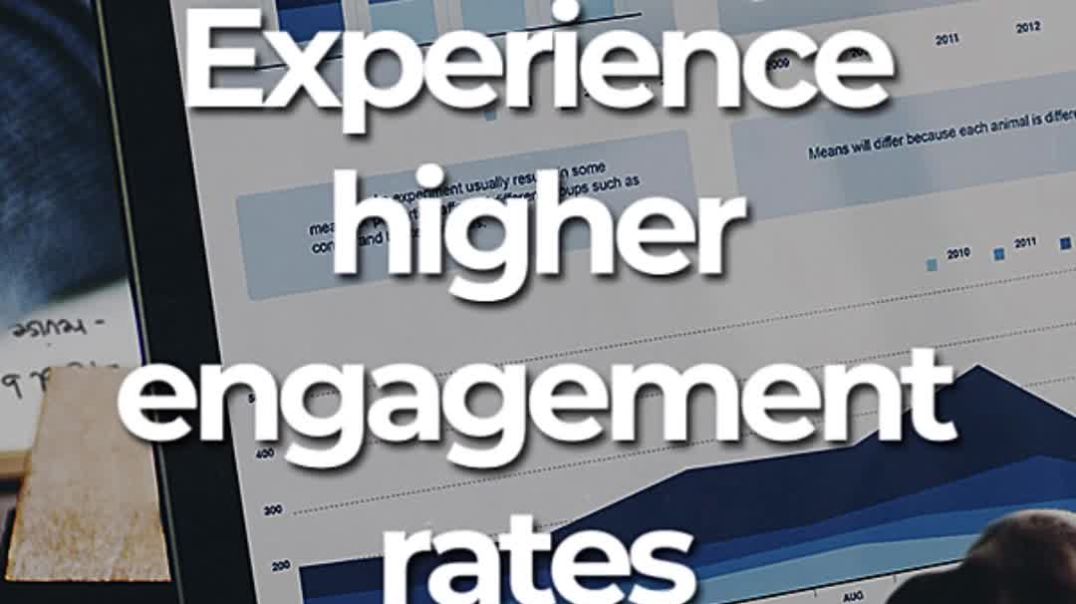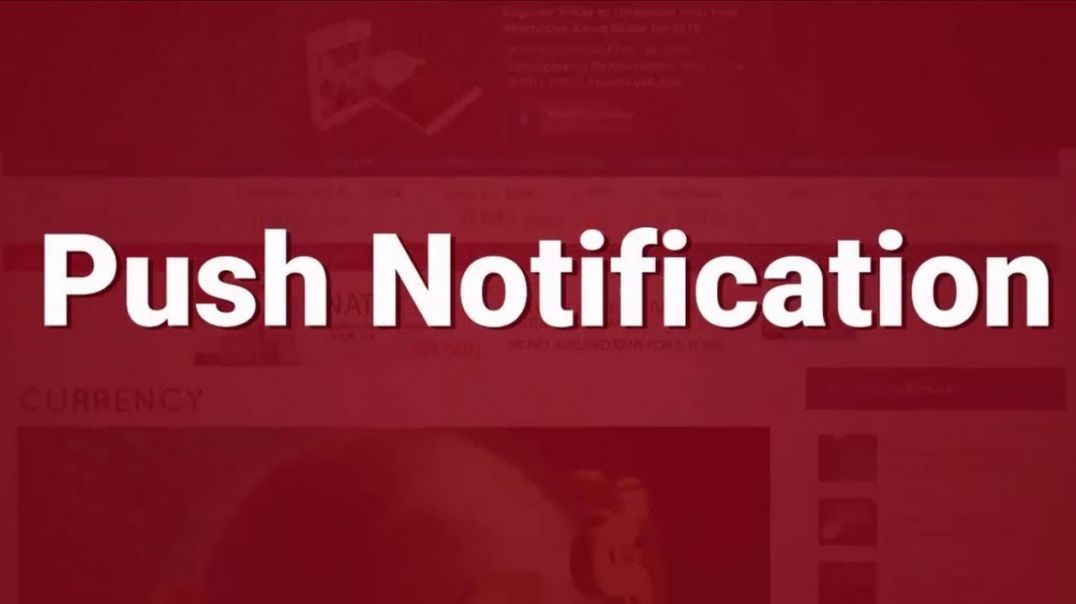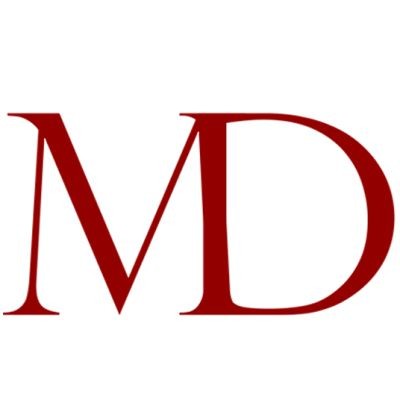Web Push Notification
Web push notifications are clickable messages sent to users’ browsers, even when they are not on your website. They serve as a powerful tool for re-engaging users, delivering timely updates, promotions, and personalized content directly to their desktop or mobile devices.
Benefits of Web Push Notifications:
Instant Reach: Reach users instantly with important updates or promotions.
Increased Engagement: Drive higher click-through rates (CTRs) compared to email marketing.
Personalization: Deliver personalized messages based on user behavior and preferences.
Automation: Set up automated campaigns for scheduled notifications based on triggers.
Cross-Platform Compatibility: Compatible across desktop and mobile browsers, ensuring broad reach.
Key Features of Web Push Notifications:
Opt-in Permission: Users must opt-in to receive notifications, ensuring compliance and user consent.
Rich Media Support: Include images, emojis, and interactive elements to enhance message effectiveness.
Segmentation: Target specific user segments with personalized messages for higher relevance.
Analytics: Track campaign performance with metrics like open rates, CTRs, and conversion rates.
A/B Testing: Test different messages and timing to optimize engagement and conversions.
Implementing Web Push Notifications:
Here’s how you can effectively implement web push notifications:
Choose a Platform: Select a web push notification platform like OneSignal, PushEngage, or PushCrew.
Design Engaging Messages: Craft compelling messages with clear value propositions and CTAs.
Segment Your Audience: Segment users based on demographics, behavior, or interests for targeted messaging.
Set Automation Rules: Create automated workflows for triggered notifications, such as abandoned cart reminders or new content alerts.
Monitor and Optimize: Continuously monitor performance metrics and optimize campaigns based on insights.
Best Practices for Web Push Notifications:
Timing: Send notifications at optimal times based on user time zones and behavior.
Relevance: Personalize messages to match user preferences and previous interactions.
Frequency: Avoid over-sending notifications to prevent user fatigue and maintain engagement.
Clear CTAs: Use clear and actionable CTAs to guide users towards desired actions.
Compliance: Ensure compliance with data privacy regulations like GDPR and CCPA.
Challenges in Web Push Notifications:
While web push notifications offer significant advantages, challenges include:
Opt-in Rates: Encouraging users to opt-in can be challenging without compelling incentives.
Content Relevance: Ensuring messages are relevant and valuable to each user segment.
Platform Limitations: Adapting to different browser and device capabilities for consistent delivery.



